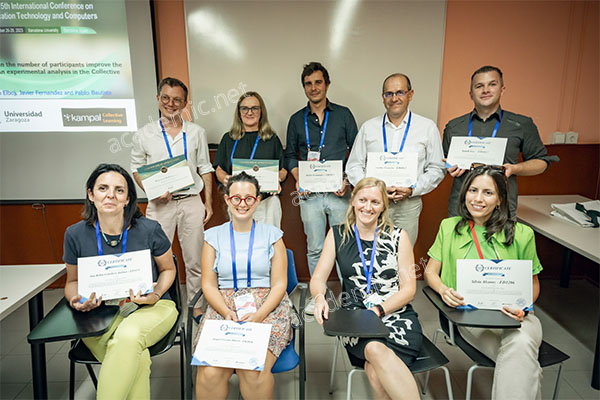International Conferences: Your Guide to Calls for Papers
Submitting your research to international conferences is a significant step in advancing your academic career. Whether you're a seasoned researcher or a novice, understanding how to navigate calls for papers (CFPs) is crucial. This guide will help you streamline the process and increase your chances of success.

Understanding Calls for Papers
Calls for papers are announcements made by conference organizers inviting researchers to submit their work for presentation. These announcements include details about the conference topics, submission guidelines, deadlines, and review procedures.
Finding the Right Conference
1. Identify Your Field of Interest: Choose conferences that align with your research area.
2. Check Indexing: Prefer conferences indexed in reputable databases like Scopus, EI Compendex, or SCI.
3. Review Past Conferences: Analyze previous conferences for quality and relevance.
Preparing Your Submission
1. Follow Guidelines: Adhere strictly to the formatting and submission guidelines provided.
2. Craft a Strong Abstract: Highlight the key contributions and significance of your research.
3. Proofread: Ensure your paper is free of errors and clearly written.
Increasing Your Chances of Acceptance
1. Originality: Ensure your research presents new findings or perspectives.
2. Relevance: Align your paper with the conference themes.
3. Engage with the Community: Participate in related workshops and discussions.
Where to Submit Your Papers
Explore a variety of platforms like Academic.net for a comprehensive list of upcoming conferences and detailed CFPs. This site offers a robust database that helps researchers find suitable conferences based on their specific interests.
Conclusion
Navigating the world of international conferences can be challenging, but with the right strategies, you can successfully share your research with the global academic community. For more detailed guidance and a list of conferences, visit Academic.net.
